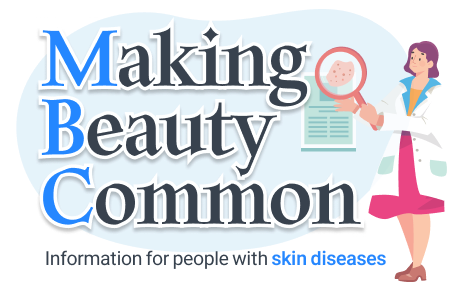Revolutionizing Skin Cancer Detection with a Multiethnic Model
Researchers from the University of California San Diego School of Medicine have unveiled a novel approach to identifying individuals at risk of skin cancer. Their innovative method integrates genetic ancestry, lifestyle factors, and social determinants of health within a sophisticated machine learning framework. This model not only surpasses the accuracy of existing approaches but also offers critical insights into the disparities prevalent in skin cancer risk and outcomes across different demographics.
The Pervasive Issue of Skin Cancer
In the United States, skin cancer ranks among the most frequently diagnosed cancers, with over 9,500 new cases emerging daily. Alarmingly, the disease results in approximately two deaths every hour. A crucial component in mitigating the impact of skin cancer is risk prediction. This process leverages technological advancements and patient data to assist medical professionals in determining which individuals should be prioritized for cancer screening.
Conventional Risk Prediction Tools and Their Limitations
Historically, risk prediction tools have relied on factors such as family history, skin type, and sun exposure to forecast an individual's risk of developing skin cancer. However, these tools have predominantly been effective for people of European descent, as they are disproportionately represented in the data sets used to develop these models. Consequently, there exists a significant gap in early detection for other demographics, particularly those with darker skin tones who are less likely to have European ancestry. This discrepancy leads to a higher incidence of late-stage diagnosis and, therefore, poorer outcomes for non-European populations.
Addressing Disparities with Data from the All of Us Research Program
In an effort to rectify these disparities, the researchers analyzed data from over 400,000 participants within the National Institutes of Health's All of Us Research Program. This extensive initiative aims to construct a diverse database capable of informing more inclusive studies across various health conditions. By incorporating a wide range of demographic data, including significant representation from African, Hispanic/Latino, Asian, and mixed-ancestry populations, the researchers were able to create a more equitable model for skin cancer risk assessment.
Key Features and Findings of the Model
The newly developed model innovatively integrates both genetic and non-genetic determinants. This includes lifestyle choices, socioeconomic factors, and medication usage, allowing for a comprehensive stratification of individuals based on their skin cancer risk. The model achieved an impressive 89% accuracy in identifying skin cancer across all populations. Furthermore, it demonstrated 90% accuracy for individuals of European ancestry and 81% accuracy for those of non-European descent. Remarkably, even when only genetic data was available, the model maintained an 87% accuracy rate.
Genetic Ancestry as a Strong Predictor
The analysis highlighted genetic ancestry as a formidable predictor of skin cancer risk, with European ancestry being particularly prominent. Individuals of European descent were found to be at least eight times more likely to be diagnosed with skin cancer compared to others.
Clinical Application and Broadened Scope
The model is envisioned as a clinical tool for identifying individuals who would benefit from comprehensive dermatological examinations. Especially for individuals with darker skin tones, this approach could lead to earlier detection and address the present disparities in skin cancer outcomes. Moreover, the adaptability of this model to other diseases opens the door to more equitable and personalized healthcare solutions.
Collaborative Efforts and Future Implications
The study, which appeared in the prestigious journal Nature Communications, was spearheaded by Matteo D'Antonio, Ph.D., and Kelly A. Frazer, Ph.D., both prominent figures in the field of medicine and pediatrics at UC San Diego. Their research, supported by the American Cancer Society, the National Institutes of Health, and the Alfred P. Sloan Foundation, signals a pivotal step towards a more inclusive and precise strategy for disease prevention and management.
Concluding Thoughts
The development of this multiethnic model represents a significant advancement in the fight against skin cancer, showcasing the potential of combining cutting-edge technology with comprehensive and diverse data sets. By addressing the deeply rooted disparities in medical research and outcomes, this approach paves the way for a more just and effective healthcare system that caters to the needs of all populations. As this model continues to evolve, it holds promise not just for skin cancer detection but as a blueprint for tackling various health conditions equitably.
출처 : Original Source
